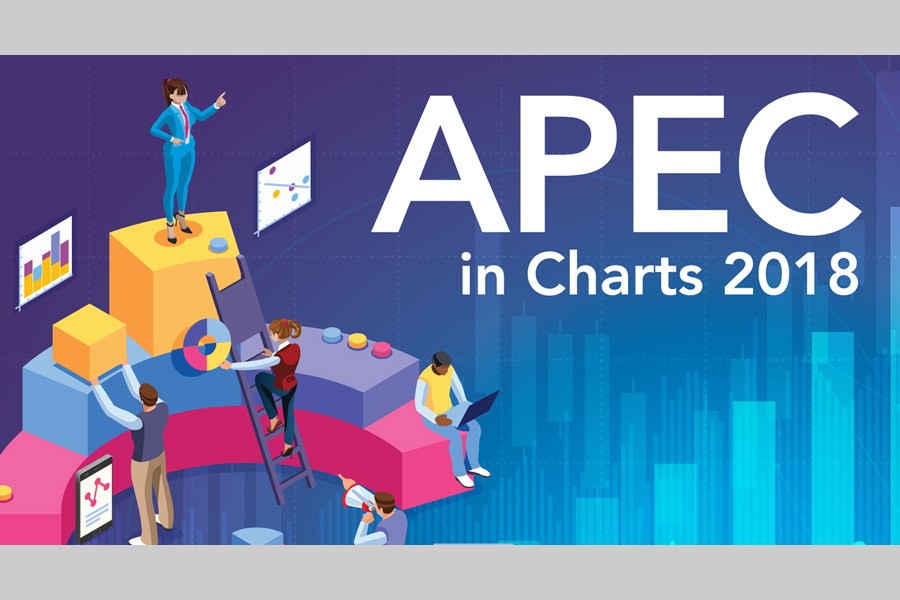With the theme 'Harnessing inclusive opportunities, embracing the digital future,' APEC (Asia-Pacific Economic Cooperation) held its 30th annual summit in Port Moresby, the capital of Papua New Guinea (PNG), on November 17-18. It was the first time in group's history that PNG, a least developed country and the poorest of all, hosted the APEC summit despite resource constraints, poor infrastructure and endemic problems.
The policy priorities of the meeting included: (a) improving digital connectivity and deepening of regional economic integration; (b) promoting inclusive and sustainable growth; and (c) strengthening of inclusive economic growth through structural reform. Leaders of the Asia-Pacific region like Chinese President Xi Jinping, USA Vice-President Mike Pence, Russian Prime Minister Dmitri Medvedev and Japanese PM Shinzo Abe, Vietnamese PM Lee Hsien Loong, South Korean President Moon Jae-in and Australian PM Scott Morrison as well as many ministers, officials, business leaders, and media professionals attended the summit.
The APEC member economies include Australia, Brunei Darussalam, Canada, Chile, China, and Hong Kong, Indonesia, Japan, Korea, Malaysia, Mexico, New Zealand, PNG, Peru, The Philippines, Russia, Singapore, Taipei, Thailand, Vietnam and the US.
Established in 1989, APEC's prime goal is to accomplish economic prosperity and development of the region by promoting inclusive and sustainable growth and regional economic integration.
This year's APEC summit created interest as the US, China and Australia compete for influence in the Pacific. The 'America First' signature policy of US President Donald Trump was bitterly criticised by some leaders. While strongly defending free and open trade, they condemned the intensifying trade wars between China and the US. Without naming President Trump, Malaysian PM Mahathir Mohammad severely condemned tit-for-tat trade wars between the two major economies of the world.
Though a key US ally and security partner, Australian PM Scott Morrison in his speech also cautioned against 'protectionist barriers.' He added, "More than a billion people have been lifted out of extreme poverty since 1991 in large part because of the jobs and access to affordable consumer goods that free trade has enabled."
US Vice-President Mike Pence harshly criticised China and said, "do not accept foreign debt that could compromise your sovereignty." Citing Beijing's policy in the South China Sea, Pence added, "Governments that deny rights to their own people too often violate the rights of their neighbours."
Obliquely critising the US, Russian PM Dmitry Medvedev said, "Economic sanctions have become an instrument of political pressure." And then amidst a round of applause, the Chinese President Xi Jinping warned against US protectionism and observed, "A Cold War, a hot war or trade war will produce no winners."
In fact, trade dispute and geopolitics dominated this year's APEC summit, with Australia, USA and China - all fighting for influence in the Pacific. Leaders at the summit failed to agree on a final joint communiqué for the first time in APEC's history as there were wide differences of views on trade issues, mainly between China and USA.
Canadian PM Justin Trudeau revealed that PNG, being the Chair of the meeting, will instead issue a statement as a substitute at the end of the summit.
Dr. Kamal Uddin Ahmed is a
former Professor and Chairman, Department of Political Science, University of Dhaka. kamal112au@yahoo.com


